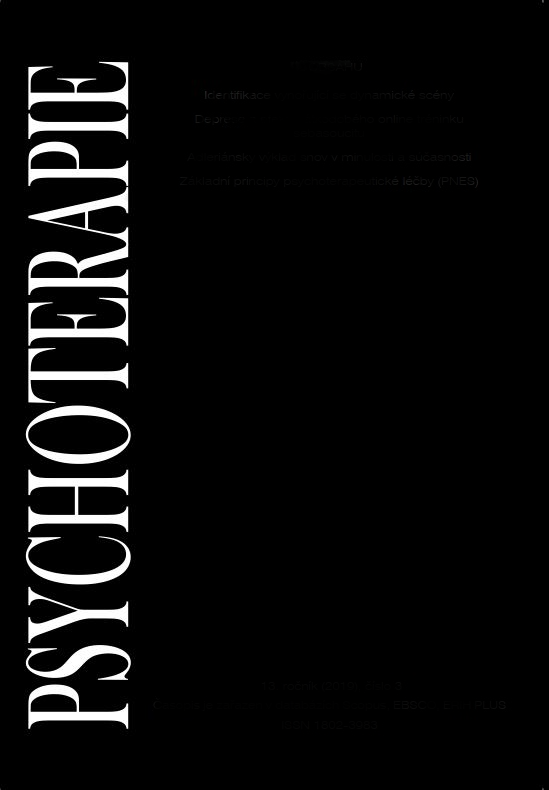Vztahová vazba terapeuta v rámci psychoterapeutického procesu
Therapist´s Attachment in the Psychotherapeutic Process
Author(s): Petra VondráčkováSubject(s): Social psychology and group interaction, Clinical psychology, Psychoanalysis
Published by: Masarykova univerzita nakladatelství
Keywords: Psychotherapy; psychotherapist; attachment; psychotherapeutic process; therapeutic alliance;
Summary/Abstract: Attachment theory is one of the models that can explain why some psychotherapists are successful in working with certain „types“ of clients and why some clients benefit from psychotherapy more. Due to its characteristics there is often the activation of the client´s and therapist´s attachment in the psychotherapeutic process, which in turn affects its course. Changing client´s attachment can be one of the targets of the psychotherapeutic process and some research shows that effective psychotherapy is currently associated with the change of client´s attachment towards greater security. Results regarding the influence of therapist attachment on the therapeutic alliance are ambiguous. There is greater proportion of secure attachment among therapist in comparison to the general population. The results of studies examining the influence of therapist´s attachment on psychotherapeutic process conclude that certain attachment type does not automatically guarantee a good therapeutic alliance, but has a partial influence on the quality of therapeutic interventions. As an important factor was the interaction between the client´s and the therapist´s attachment. At the beginning of the psychotherapeutic process was beneficial when therapist and client has the same type of unsecure attachment, and vice versa for later stage of the psychotherapeutic process is proving advantageous if the client and therapist have a different type of attachment.
Journal: Psychoterapie : praxe - inspirace - konfrontace
- Issue Year: 8/2014
- Issue No: 1
- Page Range: 33-43
- Page Count: 11
- Language: Czech

